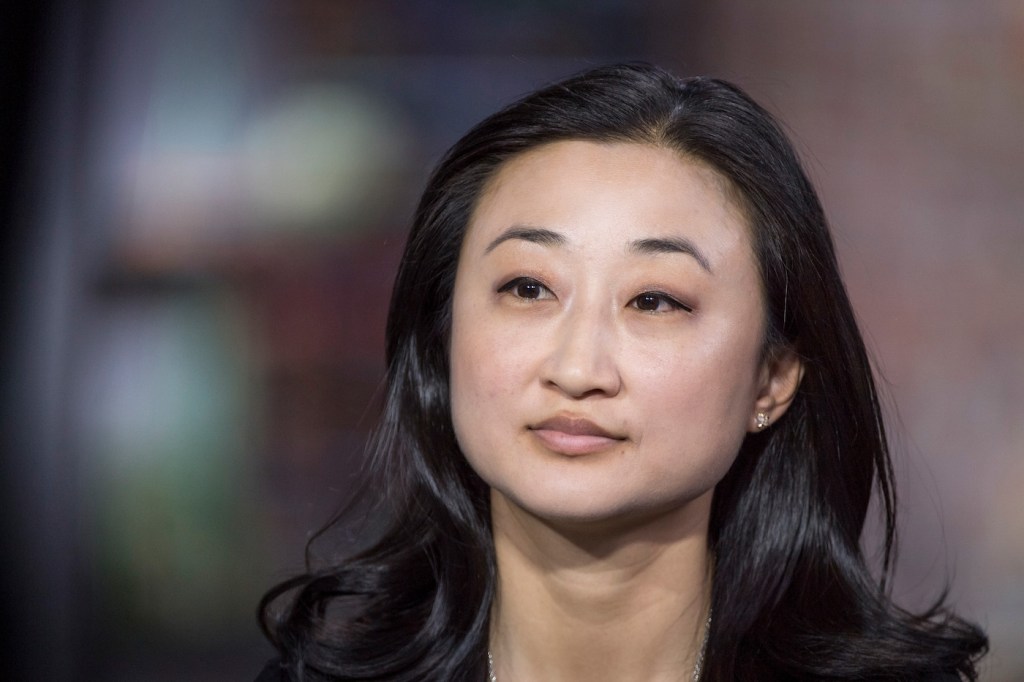Christine Tsai
This was another blockbuster year for global venture funding, with 2021 breaking records across the board.
Deal activity is at record highs. Last year, a total of $643 billion was invested globally, according to Crunchbase News, compared with $335 billion in 2020 – that’s 92% growth year over year.
Beyond being awash in capital, the VC industry has also seen a historic number of exits. A record number of companies went public in 2021, with many at huge valuations: 238 companies debuted on the public markets last year valued above $1 billion. In 2020, only 61 companies went public at this valuation.
Bigger, better capitalized and more global, the venture industry is poised to take advantage of the transformative technologies coming to market. As of Q4 last year, cumulative dry powder stood at a record $222 billion, according to PitchBook.
Regardless of the macroeconomic challenges ahead, I anticipate startup funding will continue at an accelerated pace this year.
The tech world continues to evolve to meet shifting consumer needs amid a global pandemic. This has created enormous opportunities for founders everywhere to build world-class companies.
I’m seeing this first-hand with several of our investments, such as Bukalapak, an Indonesian e-commerce company that went public in August and operates in a market that benefited in part from consumers staying at home and businesses selling more online during the pandemic.
In terms of where funds will be allocated in the year ahead, there are three transformative global technology trends that many VCs are watching closely, myself included: the rapid rise of web3, capital flows to less obvious founders, and the continued globalization of venture capital.
Web3 goes mainstream
In the past few months, investors and companies have been throwing around a lot of buzzwords, from DeFi to web3 and the metaverse. The increased focus on these areas is pointing to a fundamental shift in the Internet – one that is decentralized and grounded in public blockchains, where users are in the driver’s seat and intermediaries hold less sway.
While the current Web 2.0 platform that we once revered has given way to incredible innovations, web3 will prioritize trust, ownership, and a more direct relationship between buyers and sellers.
What I find most exciting about the evolution of web3 is the potential for innovation to come from all over the world, making this a border-less effort. In fact, we’re already starting to see this occur, even in our own portfolio.
In Asia, we have companies helping to make digital interactions more mainstream, such as Axie Infinity, an NFT-based online video game from Vietnam, and Blocto, a blockchain identity system created by a team in Taiwan. Similarly, Nuqtah, an accelerator participant in the Middle East, is one of the first NFT marketplaces in Saudi Arabia led by an all-female founding team.
Entrepreneurs interested in capitalizing on opportunities that have emerged since the dawn of web3 should seek out investors who understand the global power of decentralization. Likewise, we’re seeing new avenues for hiring talent come about as the remote economy takes shape.
All of these trends point toward a decentralized future. VCs are paying close attention to the opportunities that are materializing not just in Silicon Valley, but all over the world.
The rise of underestimated founders
Seed funding has increased, but where is that going – to the same set of founders? Amid impatience around the status quo, especially having lived through a global pandemic, we are restless for the needle to not just move, but to move vigorously.
As my partner Khailee Ng described, there are unicorns that grow under the radar and get virtually no buzz for years, but deliver high valuations and even better multiples for investors — just like sleeper hit movies. A big reason these companies don’t garner much media coverage is that they didn’t need to raise eye-popping amounts of money.
Graphic design platform Canva is a great example of this. Founded in 2013, it quietly raised relatively little in its early years. When the company reached a billion-dollar valuation in 2018, it had only raised about $80 million. Canva was more recently valued at $40 billion, making it one of the world’s most valuable private software companies. That came against a total funding amount of $572.6 million.
As investors look to uncover their next sleeper hit, I expect more capital will flow to underestimated founders across demographics and backgrounds.
Globalization of venture capital
As emerging markets such as Latin America experience an increase in venture funding, we expect to see U.S.-based venture firms expand their presence there and in the Middle East, among other emerging regions.
Last year, venture funding in Latin America grew the most of any region – up more than 300% year-over-year to nearly $19.6 billion, according to Crunchbase. Likewise, Asia-based startups experienced a 50% jump in venture funding to $165 billion in 2021 from 2020. As firms focus on emerging markets outside of their usual investment hubs, we’re likely to see portfolios include more entrepreneurs from around the world.
Some firms will likely go so far as opening offices in nascent tech hubs to seize opportunities as they arise. As we’ve learned from experience, having a presence in these markets is essential, since relationships will ultimately determine which VCs are at the table when it comes to signing the next term sheet.
While geopolitical and macroeconomic uncertainties persist, I’m optimistic about the opportunities ahead for entrepreneurs and investors alike. We’ve seen incredible growth in the past two years — some of the most challenging we’ve faced in our lifetimes – and all signs point to a continued abundance of opportunities for startup founders and investors in the year ahead.































Comment